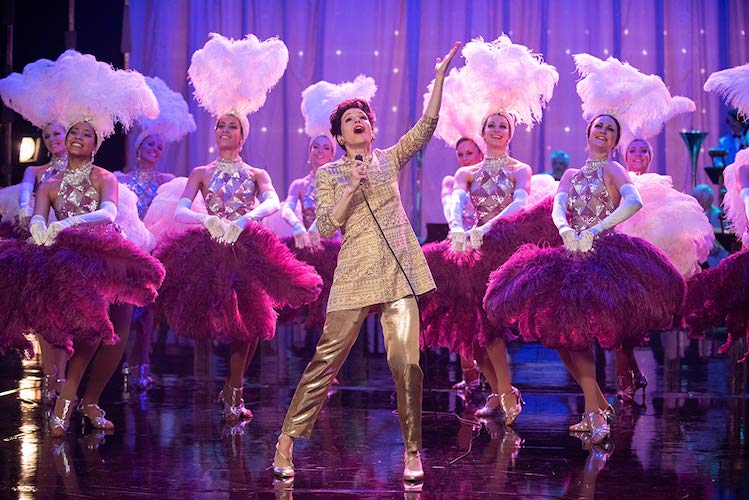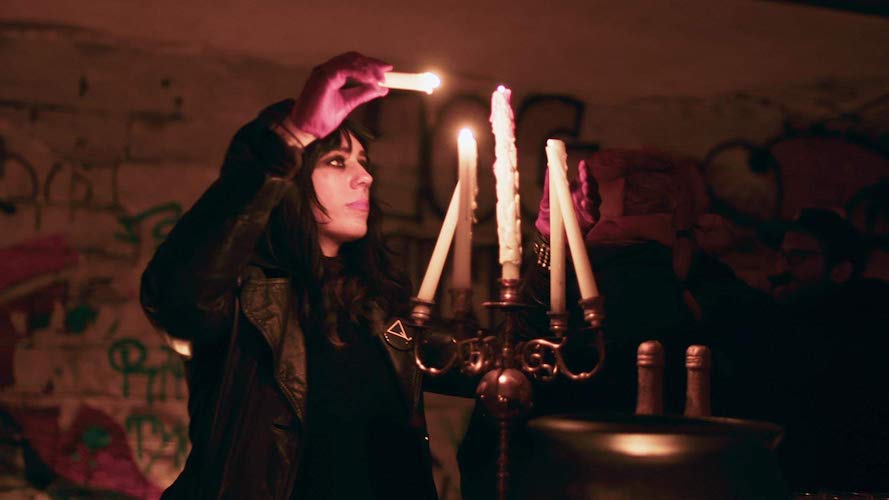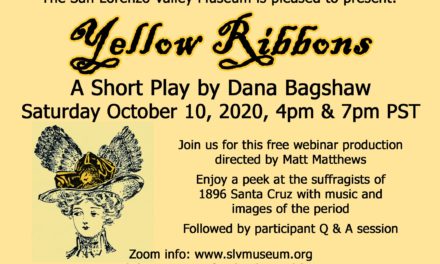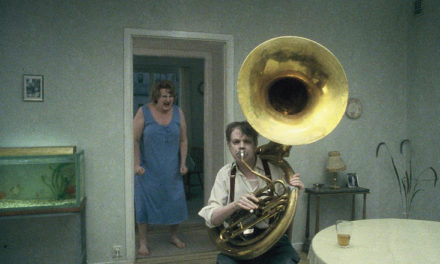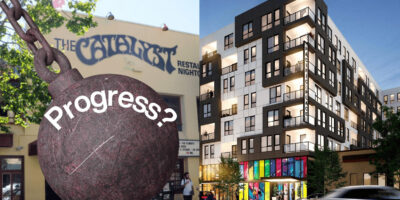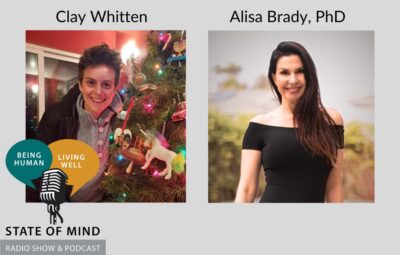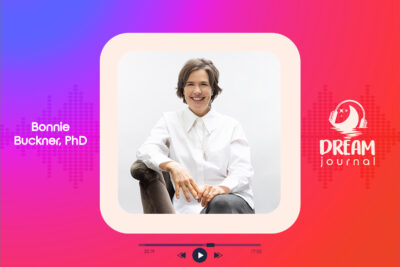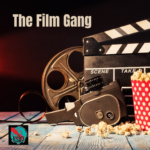
One of the sure signs of a great performance is when it’s hard to imagine anyone else playing the role. Such is the case with Renée Zellweger’s portrayal of Frances Ethel Gumm, a.k.a., Judy Garland, in the biopic, Judy. Loosely adapted from the Olivier-nominated stage play, End of the Rainbow, Judy swings back and forth in time, deftly drawing lines between the period shortly before Garland’s accidental overdose at age forty-seven and her teen years working within the old Hollywood studio system.
It’s the late ‘60s and Garland is rapidly falling into debt. Partly out of desperation, partly out of her desire to entertain, she accepts a five-week gig in London at The Talk of the Town music hall. It’s a time in her life when, on any given night, you could see her falling down drunk or igniting the crowds with her megawatt voice – if she showed up at all. Her health is in decline, she’s struggling with drugs and alcohol, and the strain of being separated from her beloved children weighs heavily on her. And yet, her trademark sense of humor rarely falters. Flashbacks to her teens when she was at work on her early films, including The Wizard of Oz, exposes the roots of her substance abuse problems.
Judy dabbles with the complexity of Garland’s relationships with both lovers and fans. Even though her onstage behavior occasionally brings out the worst in her audience, resulting in the cruelest of heckling, she never wavers from her desire to connect with them. As she wistfully puts it, “I still believe in it – the love you find with an audience on a good night.”
Outside the music hall, Garland strikes up a tenuous relationship with a gay couple. Garland’s own father was gay, forcing her family to move frequently to escape controversies over his extramarital affairs. In one of the film’s many flashbacks, Louis B. Mayer, the head of MGM studios, uses that fact to cruelly degrade and control the teenaged Garland. With a persona that’s all too familiar from today’s Me Too perspective, he comes across as a proto-Weinstein; his avuncular demeanor fails to hide that he’s just another creepy bully abusing his power.
Zellweger spent over a year preparing her vocal chords for the role. From a purely technical standpoint, she’s superb. But she didn’t just master Garland’s singing style; her speech patterns, body language, comedic timing – it’s all there. Rising star Jessie Buckley, who recently showed off her chops as a singer in the indie hit, Wild Rose, plays Rosalyn Wilder, Garland’s London assistant who is credited for getting the drug-addled entertainer onstage for her last series of shows. Unfortunately, the great Michael Gambon is largely wasted as Bernard Delfont, the famous British impresario and manager of The Talk of the Town.
While Zellweger went above and beyond to bring Judy Garland to life, the director, Rupert Goold, could be faulted for not reigning in her overuse of Garland’s pursed-lipped expressions. In reality, Garland did purse her lips quite often. But that kind of affectation, no matter how true to life, becomes tiresome over the course of two hours. Furthermore, the tearjerker ending seems overly calculated and manipulative.
Despite a few shortcomings, Judy is a moving portrait of a cultural icon and the perfect marriage of actor and material. After learning what really happened behind the scenes at MGM, you may never experience The Wizard of Oz quite the same way.
For KSQD’s Film Gang, this is Paul Kanieski.

